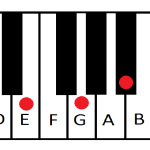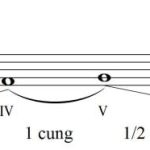Question: Pursuant to Article 130 of the Labor Code: a. Employees who cause damage to devices, equipment or conduct other acts causing damage to Employer’s properties must pay compensations. If Employees cause slight damage due to their negligence with the value of less than 10 months of the area minimum wage announced by the Government and applicable at the workplace, Employees must compensate to the tune of an amount of 3 months’ salary at a maximum that is monthly deducted from their salary; and b. If Employees lose any tools, equipment, properties or other assets which are handed to them by their Employers, or use supplies more than the norms permitted, they must compensate part or the whole value of such things at the market price; if a liability agreement is available, they must pay compensation as prescribed in this agreement; in case of natural calamities, fires, enemy sabotage, epidemics, disasters, objective occurrences which are unpredictable and irrecoverable despite all measures taken, Employees will not have to pay compensation. What are the “other acts” in this context? Assets here mean tangible assets only or include enterprises’ intangible assets (e.g. trademarks, prestige etc.). For other violations that also cause material damage to Employers but do not fall into circumstances above, how do Employees pay compensations?
1.What are the “other acts” in this context? The current law does not provide for or explain the “other acts” prescribed in Article 130.1 of the Labor Code. From the legal perspective, a material responsibility is one that requires Employees to pay compensation for the damage caused by the conducts breaching labour discipline or due…
















